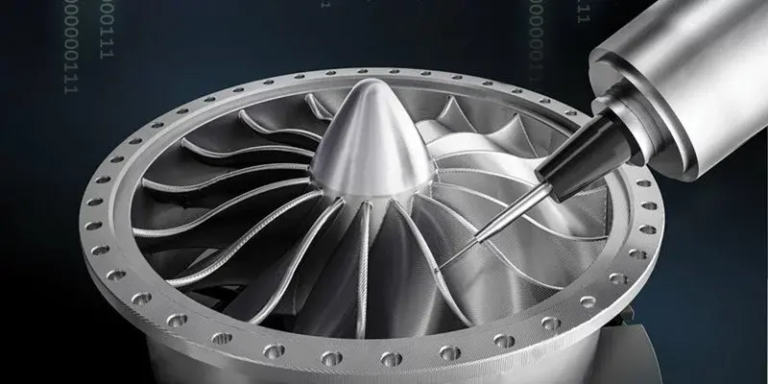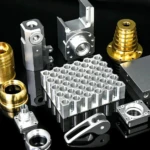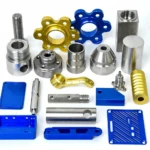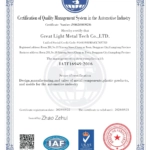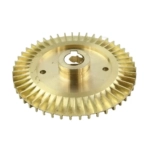With the continuous development of manufacturing, the demand for skilled professionals in CNC processing is increasing. As the complexity of precise parts becomes more complex, the need for high-quality products is crucial for individuals to acquire the necessary skills and knowledge to perform well in the field. This is where the CNC machining courses are located – designed to provide students with expertise to operate and program computer numerical control machines, which are an important part of any manufacturing or engineering education.
The CNC machining course covers a wide range of topics, from the foundations of CNC programming to advanced technologies in five-axis machining. Students learn about different types of CNC machines, including milling machines, lathes and grinders, and gain hands-on experience in operating and programming these machines. They also learn about the various materials used in CNC processing, such as metals, plastics and composites, and how to optimize the processing process for each material.
One of the key benefits of CNC machining courses is that they provide students with a comprehensive understanding of the entire manufacturing process from design to production. Students learn about computer-aided design (CAD) software and how to create models and designs for CNC machining. They also learn about computer-aided manufacturing (CAM) software and how to generate G-code programs for CNC machines.
In addition to technical skills, the CNC machining course also emphasizes the importance of safety, quality control and precision. Students understand the various safety protocols and regulations that manage manufacturing, and how to implement quality control measures to ensure products meet stringent standards. They also learn about the different types of inspection and testing equipment used to verify the accuracy and accuracy of CNC production parts.
For those interested in pursuing a career in CNC processing, there are a variety of courses and certification programs. These programs can be conducted online or in-person, ranging from basic certificate programs to advanced degree programs. Many community colleges, technical schools and universities offer CNC machining courses, and some manufacturers also offer on-the-job training and apprenticeship programs.
Light Light is a professional five-axis CNC machining manufacturer that provides customized precision machining services as well as one-stop post-processing and completion services. With advanced five-axis CNC machining equipment and production technology, excellent light can solve metal parts manufacturing problems and provide high-quality products quickly and efficiently. Their expertise in CNC machining makes them an ideal partner for companies seeking custom precise parts.
In short, the CNC machining course is essential for individuals who want to gain the skills and knowledge they need to succeed in manufacturing. These courses provide a comprehensive understanding of CNC machining, from the basics of programming to advanced techniques in five-axis machining. With the growing demand for skilled professionals in CNC machining, it is an exciting time to pursue a career in this field.
FAQ:
Q: What is CNC processing?
Answer: CNC machining refers to the use of computer numerical control machines to manufacture precise parts and products.
Q: What are the benefits of taking a CNC machining course?
A: The benefits of taking a CNC machining course include gaining the skills and knowledge needed to operate and program CNC machines, understanding the manufacturing process from design to production, and gaining hands-on experience in CNC machining.
Q: What types of materials can be used in CNC processing?
A: CNC processing can be used with a variety of materials, including metals, plastics, composites, etc.
Q: What is five-axis CNC machining?
Answer: Five-axis CNC machining refers to a CNC machine that can be moved using five different axes, so that more complex and precise machining operations can be performed.
Q: How long does it take to complete the CNC machining course?
A: The length of a CNC machining course may vary by plan and institution, but usually ranges from several months to one year or more.
Q: What are the career opportunities in CNC processing?
A: Career opportunities in CNC machining include CNC mechanics, CNC programmers, manufacturing engineers and quality control inspectors.

